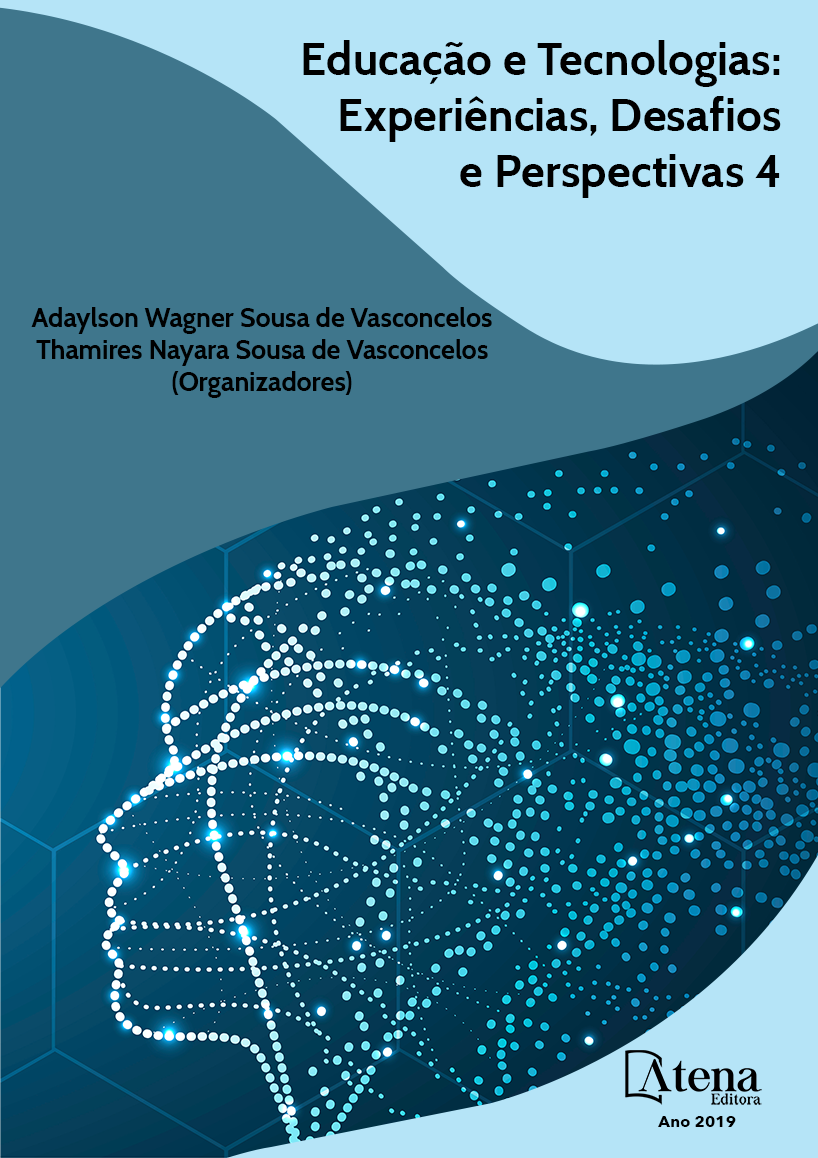
ALFABETIZAÇÃO CIENTÍFICA NO ENSINO FUNDAMENTAL
Este estudo objetiva desenvolver posturas investigativas diante dos fenômenos que nos cercam, pela observação e manipulação de tecnologias aplicadas ao aprendizado científico. Desdobra-se em quatro etapas, para que os alunos conheçam os fundamentos do método científico: reproduzir fenômenos elétricos cotidianos; observar e criar hipóteses sobre tais fenômenos; buscar a explicação dos fenômenos mediante pesquisa e discussão com seus pares; e manipular aplicativos que ensinam a ciência, comparando-os com o modelo real. O problema da investigação questiona como desenvolver as habilidades nos estudantes para que realmente compreendam a ciência e adquiram postura de investigadores. Os fundamentos teóricos norteadores são os de Demo (2004); Brasil (1996); Lorenzetti, Delizoicov (2001) e outros que convergem em temáticas voltadas ao conhecimento dos passos do método científico, seguindo na investigação de fenômenos elétricos e reproduzindo aqueles que ocorrem de forma mais sensível no contexto diário dos educandos. Aborda-se o problema de pesquisa com base Quali-quanti: a Pesquisa Bibliográfica seguida pela Pesquisa-Ação. Os sujeitos selecionados são estudantes e professoras do 4o ano do Ensino Fundamental. Os resultados parciais apontam para carência de espaço físico, de material, de equipamentos e de pessoal especializado para lidar com a temática em discussão. As ações exploratórias visam ofertar preparo acadêmico para professoras do 4o ano do Ensino Fundamental.
ALFABETIZAÇÃO CIENTÍFICA NO ENSINO FUNDAMENTAL
-
DOI: 10.22533/at.ed.9561919116
-
Palavras-chave: Educação Básica; Ensino Fundamental; Ensino de Ciências; Experimentação em Ciências; Tecnologias na Educação.
-
Keywords: Basic Education; Elementary School; Science Teaching; Experimentation in Sciences; Technologies in Education.
-
Abstract:
This study aims to develop investigative posture in the face of the phenomena thatsurround us, by the observation and manipulation of technologies applied to scientificlearning. It unfolds in four stages, so that the students know the fundamentals of the scientific method: to reproduce daily electrical phenomena; to observe and create hypotheses about such phenomena; to seek the explanation of phenomena through research and discussion with their peers; and to manipulate applications that teach Science by comparing them with the actual model. The research problem questions how to develop the skills in students so that they truly understand science and acquire posture of investigators. The theoretical guiding principles are those of Demo (2004); Brasil (1996);Lorenzetti, Delizoicov (2001) and others converging on themes directed to the knowledge ofthe scientific method steps, following in the investigation of electrical phenomena and reproducing those that occur more noticeably in the daily context of the students. The problem of research is approached, based on Quali-quanti: the Bibliographic Survey followed by the Action- Research. The selected subjects are students and teachers of the 4th year of Elementary School. The partial results point to the lack of physical space, material,equipment and specialized personnel to deal with the matter under discussion. The exploratory actions aim to offer academic preparation for teachers of that grade.
-
Número de páginas: 15
- Elisiany dos Santos Brito
- Francinete Braga Santos
- Cristiane Alvares Costa
- Cristiane Álvares Costa


